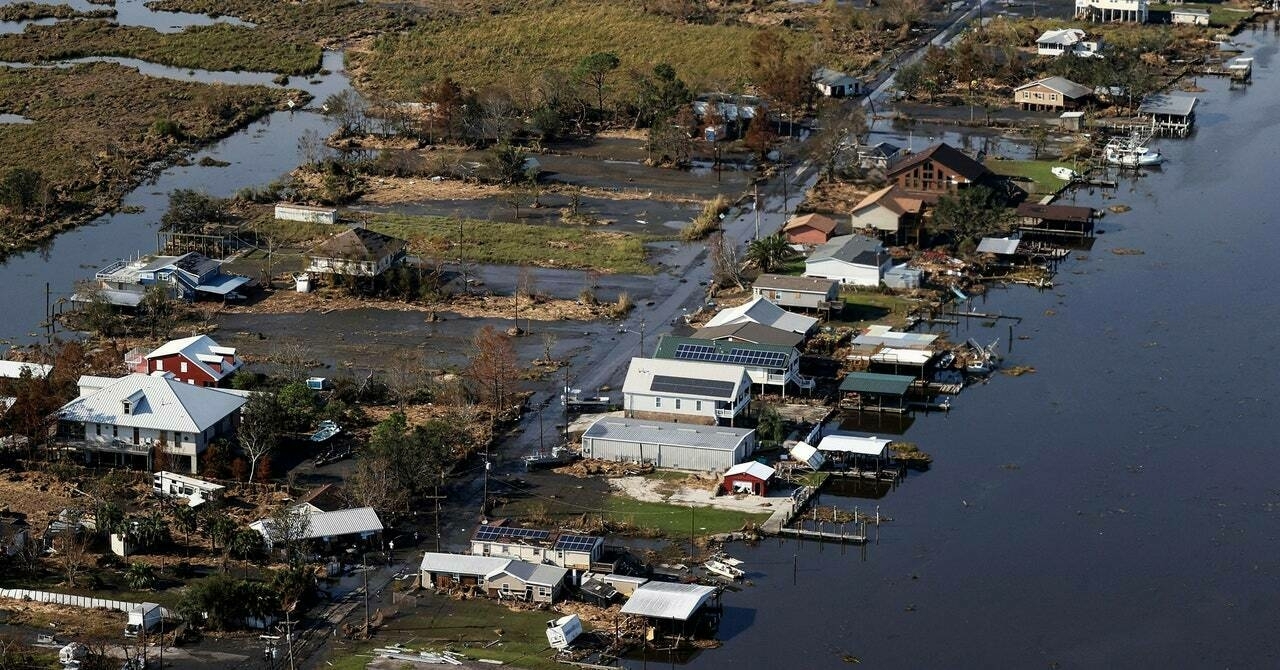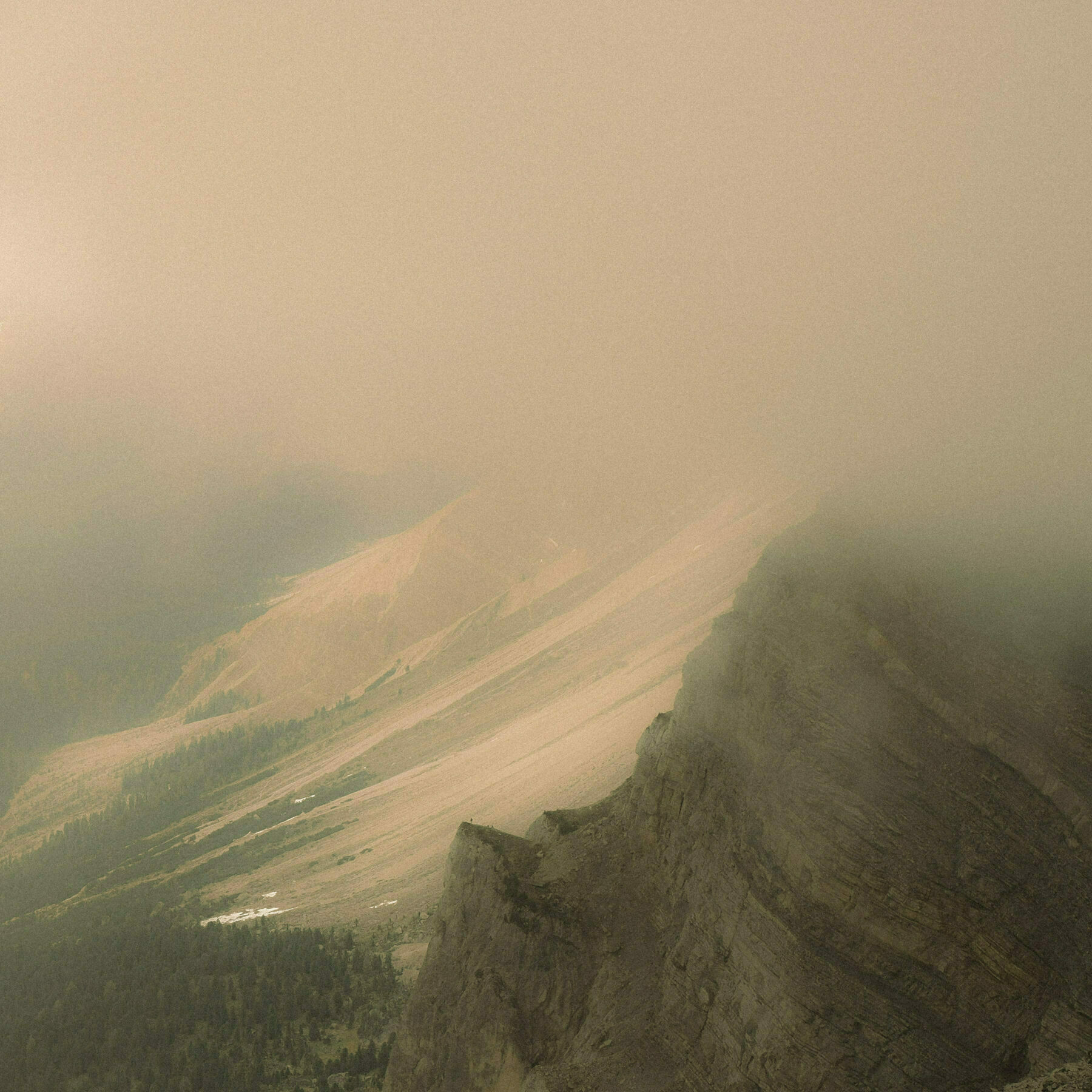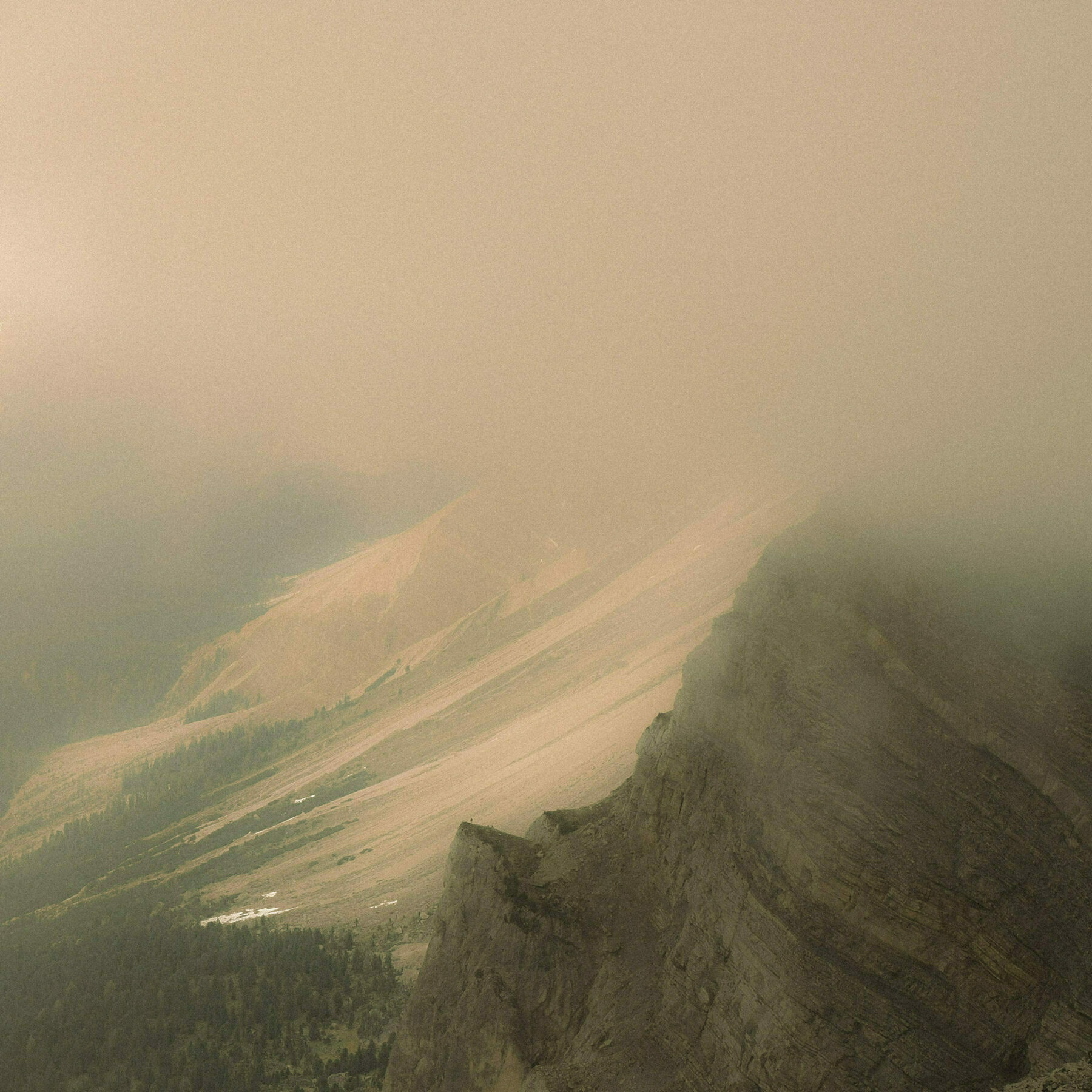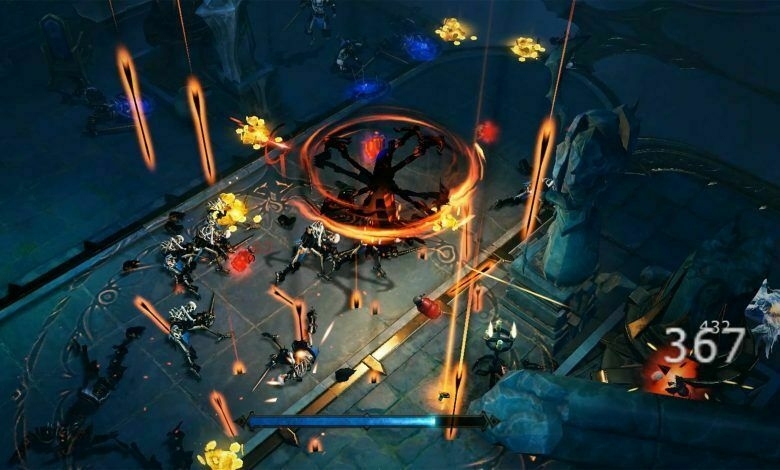No more low-speed fart sounds for Teslas
Here in the UK, I’ve only ever heard electric vehicles make that high-pitched robotic hum at low speeds. However, it seems there was a proposal in the US for car owners to be able to set their own noise.
That turned out not to be a great idea for those who are blind or partially-sighted. It would also lead to a cacophony of noise for regularly-sighted people, to be honest…
Back in 2019, NHTSA introduced a proposed rule-making that would have allowed drivers to “select the sound they prefer from the set of sounds installed in the vehicle.” The idea was an amendment to a previous rule requiring EVs to make fake sounds at low speeds to prevent injuring pedestrians, especially people who are blind or visually impaired. But after soliciting feedback from the industry and consumer groups, the agency says it is scrapping the proposed rule.Source: EV owners won’t be able to pick their own low-speed noise after NHTSA scraps proposal - The Verge“The great majority of the comments on the [notice of proposed rule-making], including those submitted by advocacy organizations for the blind and by people who are blind or who have low vision, did not favor the proposal to allow hybrid and electric vehicles to have an unlimited number of different pedestrian alert sounds,” a spokesperson for NHTSA said. “Most of those comments favored more uniformity, rather than less, in the number and types of alert sounds allowed.”
[...]Currently, most EVs emit the same robotic hum when operating at low speeds. And NHTSA says that’s fine, just so long as it doesn’t add a bunch of additional sounds that owners can select. Basically, the agency says it wants to prevent a situation where you have tens of thousands of EVs on the road making all sorts of musical sounds or bird noises — or fart sounds, for that matter. (Tesla, I’m looking at you.)
Unintended consequences of smart thermostats
It must have been about five years ago when we bought a Nest thermostat. Before that point, the temperature of our house would be a continuous low-level source of friction. Since then, not only has it ceased to be a point of contention, but it’s also saved us money.
This article points out that, while there are really positive benefits of reducing energy usage at scale, there are unintended side effects in terms of spikes at times when renewable energy isn’t available.
Set by default to turn on before dawn, the smart thermostats unintentionally work in concert with other thermostats throughout neighborhoods and regions to prompting inadvertent, widespread energy-demand spikes on the grid.Source: Smart thermostats inadvertently strain electric power grids | Cornell ChronicleThe smart thermostats are saving homeowners money, but they are also initiating peak demand throughout the network at a bad time of day, according to Cornell engineers in a forthcoming paper in Applied Energy (September 2022.)
[…]
Lee and Zhang investigated “setpoint behavior” and learned that most homeowners use the smart thermostat’s factory-default settings. Evidence showed that residents remain confused about how to operate their thermostats and are often unable to program it, the authors said.
[…]
While the setpoint schedules are designed to achieve the energy-saving benefit, the peak demands are concentrated primarily when renewable energy is unavailable – aggravating the peak demand by nearly 50%, according to the paper.
[…]
Without a tenable way to store energy from renewable sources like solar power, the electric utilities will be unable to supply this peak demand, which prompts fossil-fuel generators to satisfy the power load. “This can offset the greenhouse gas emissions benefit of electrification,” Lee said.
(Machine) Creativity
It is genuinely amazing what you can create these days with an AI model by simply inputting a few words of natural language. Craiyon (formerly DALL·E mini) allows anyone to do this right now, but there’s also previews of much more powerful models that will be available soon.
As Albert Wenger asks, what does this mean for creative people? I don’t think technology ever completely replaces but rather augments. So I think we’ll see even more artists work with AI models to create amazing things.
During my run today, I was thinking about how awesome it would be to generate running music perfectly suited to the route I was going to run. That’s entirely possible if we continue along this trajectory!
Recently we have had several breakthroughs, first starting with large language models that can tell stories, and now with DALL-E2 and midjourney, two models that can generate amazing imagery based on textual input. For example, here is an image “imagined” by midjourney based on the prompt “Sailing across the alps”Source: The Meaning of Machine Creativity | Continuations by Albert WengerIt is mind-bending to sit with this image for a while. A machine created it and did so within a space of minutes, yet it is full of imagination and detail and could easily be on the cover of a book or the walls of a museum.
So what does it mean that we now clearly and demonstrably have creative machines?
Personal Publishing Principles
I really like the approach of coming up with your ‘personal publishing principles’ for your website, blog, and newsletter. This is CJ Chilvers' version, which I discovered via Rebecca Toh. Below are some of my favourites from CJ’s list.
This is the place to try out all the crazy ideas/projects/products I come up with. Only 1 in 100 of them will resonate, so I need a place that feels good to put up 99 failures — at least. You don’t need 100 products necessarily. But you probably need 100 landing pages.Source: Personal Publishing Principles | CJ Chilvers[…]
Fail in public. Try things. Don’t be boring. See what sticks.
[…]
Curation still matters because “it’s not the customer’s job to care.” To paraphrase Dave Pell, Seth Godin, and Hugh MacLeod: no one gives a shit about you or your projects. Bring them something really interesting from all corners of the web and they’ll read next week…maybe.
Image: Cris DiNoto
The future is the least renewable resource
Carlos Alvarez Pereira, vice president of the Club of Rome is interviewed by WIRED about a book called The Limits to Growth, published in 1972. Interestingly, he’s both critical of capitalism and confident that a cultural movement “hidden in plain sight” means that we’ll be in a better position than we are now.
The computer modeling made it plain: If people continued to overextract finite resources, pollute on a massive scale, and balloon the human population in an unsustainable way, civilization could collapse within a century. It sounds like that modeling could have been done last week, what with climate change, water shortages, and microplastics corrupting every corner of the Earth. But in fact it dropped in the 1972 book The Limits to Growth, published by the Club of Rome, an international organization of intellectuals founded in 1968.Source: The Infamous 1972 Report That Warned of Civilization's Collapse | WIREDTo mark the book’s 50 year anniversary, WIRED sat down with Alvarez Pereira to talk about how that future is shaping up, what’s changed in the half-century since Limits, and how humanity might correct course. The conversation has been condensed and edited for clarity.
[...]WIRED: Presumably economists weren't too fond of it because growth is inherent to capitalism. And unchecked growth really, a kind of maniacal, ecologically-destructive growth at all costs that's built into the system.
CAP: What the system has done, as a mechanism to continue with growth at all costs, is actually to burn the future. And the future is the least renewable resource. There is no way that we can reuse the time we had when we started this conversation. And by building up a system which is more debt-driven—where we keep consumption going, but by creating more and more debt—what we're actually doing is burning or stealing the time of people in the future. Because their time will be devoted to repaying the debt.
Amazon as a dumb pipe
I like this idea from Cory Doctorow, but monopolies tend to like exploiting their monopoly position. Still, it might be a way for Amazon to get around being scrutinised closely by regulators?
But what if buying local was as easy as shopping as Amazon? What if you could buy local while shopping on Amazon?Source: View a SKU. Let’s Make Amazon Into a Dumb Pipe | by Cory Doctorow | MediumI got this idea from Library Extension, a browser plugin that notices if you’re looking at a book on Amazon and checks to see whether it’s available for checkout at your local library.
If the book is available to borrow at your public library, the extension shoves down Amazon’s “Add to Cart” button and draws a box with buttons to reserve that title at any of the local libraries that have it on the shelf.
This is basically awesome. It acknowledges that Amazon’s catalog, search, recommendations and reviews are useful to readers —and lets readers commodify all that stuff, treat it as infrastructure for discovering books to check out of your local library.
This is possible because books have standard identifiers: the ubiquitous ISBN. It’s easy for a plugin to recognize an ISBN when it sees it, and it’s easy for that plugin to look up the ISBN in another database.
In theory there’s no reason this has to be limited to checking books out of your library. You could just as easily write an extension that replaces Amazon’s “Add to Cart” button with a “Buy this on Bookshop.org” button. That’s the cool thing about unique identifiers — they’re great for cross-referencing.
Ian Bogost on hybrid work
I always enjoy Ian Bogost’s articles for The Atlantic as they’re thought-provoking. In this one, he talks about how ‘hybrid work’ is doomed, mainly because The Office is a construct, a way of organising life and work, and heavily invested in the status quo.
A rational assessment of your time and productivity was never quite at issue, and I think it never will be. Companies have been pulling employees back to work in person irrespective of anyone’s well-being or efficiency. That’s because return-to-office plans are not concerned, in any fundamental way, with workers and their plight or preferences. Rather they serve as affirmations of a superseding value—one that spans every industry of knowledge work. If your boss is nudging you to come back to your cubicle, the policy has less to do with one specific firm than with the whole firmament of office life: the Office, as an institution. The Office must endure! To the office we must go.Source: Hybrid Work Is Doomed | The AtlanticThis should be obvious, but somehow it is not: The existence of an office is the central premise of office work, and nothing—not even a pandemic—will make it go away.
[...]Even in the technology sector, where the tools of remote work are manufactured, the Office reigns supreme. Before the pandemic, Big Tech companies doubled down on the sorts of work environments that had been common for almost a century: urban high-rises and suburban office parks. (Think of Microsoft’s campus in Redmond, Washington; Google’s and Facebook’s in Silicon Valley; Apple’s spaceship in Cupertino; and the Salesforce Tower in San Francisco.) Their deluxe office amenities—free food, gymnasiums, medical care, etc.—only underscore this point: The tech industry has a deep investment in the most conservative interpretation of office life.
If the companies that design and build the very foundations for remote work still adhere to the old-fashioned values of the Office, what should we expect from all the rest? It’s still possible that hybridized knowledge work will become the norm, with work-from-home days provided as a perk. But to get there, office workers must organize, and take the goals and power of the Office into account. It does not want to be flexible, and it cares little for efficiency. If the Office makes concessions, they will be minor, or they will take time; hybrid work is not a revolution.
Steaming open the institutional creases
This is a heart-rending article by Maria Farrell, who suffers from Chronic Fatigue Syndrome. She details her experiences for Long Covid suffers, and it’s not easy reading.
I’m including this quotation mainly because she talks about the impact of the Tory government in the UK over the last decade or so. It’s easy to forget that things didn’t use to be like this
I hid for two years in graduate school, the first year in a wonderful and academically undemanding programme with a tiny, lovely class. I wrote an essay about Walter Benjamin and interactive media that winter, and I remember pulling each sentence rather brutally from the morass of my former abilities and piling them on top of each other. Let’s just say the angel of history made sense to me in a way she had not, before. Minute on minute, I could barely make the letters settle into words, forget about forming sentences or ideas, but day on day it turned out I could do it. It just took a higher threshold of discomfort than I’d previously believed manageable, and about eight times longer. I’m so glad I learnt this. The knowledge that impossibly difficult intellectual tasks can be worked through piecemeal – not in darts and dashes of caffeinated brilliance – was not natural to my temperament, and it’s why I can still do things.Source: Settling in for the long haul | Crooked TimberIt’s a very bourgeois thing to be able to hide out in grad school. I’m always embarrassed when people remark on how many degrees I have. It put me into financial penury for quite a few years, but it felt worth it to still outwardly look like a person who was moving forward in life, not someone whose clock had stopped in August 1998 when I failed to heal from glandular fever. All that is harder now in Britain, as Tories systematically steam open the institutional creases people like me could fold ourselves into, and dismantle the social welfare that would have held many others as they waited to be well. I started off with moderate M.E. and now, much of the time, I would say it is mild.
Steaming open the institutional creases
This is a heart-rending article by Maria Farrell, who suffers from Chronic Fatigue Syndrome. She details her experiences for Long Covid suffers, and it’s not easy reading.
I’m including this quotation mainly because she talks about the impact of the Tory government in the UK over the last decade or so. It’s easy to forget that things didn’t use to be like this
I hid for two years in graduate school, the first year in a wonderful and academically undemanding programme with a tiny, lovely class. I wrote an essay about Walter Benjamin and interactive media that winter, and I remember pulling each sentence rather brutally from the morass of my former abilities and piling them on top of each other. Let’s just say the angel of history made sense to me in a way she had not, before. Minute on minute, I could barely make the letters settle into words, forget about forming sentences or ideas, but day on day it turned out I could do it. It just took a higher threshold of discomfort than I’d previously believed manageable, and about eight times longer. I’m so glad I learnt this. The knowledge that impossibly difficult intellectual tasks can be worked through piecemeal – not in darts and dashes of caffeinated brilliance – was not natural to my temperament, and it’s why I can still do things.Source: Settling in for the long haul | Crooked TimberIt’s a very bourgeois thing to be able to hide out in grad school. I’m always embarrassed when people remark on how many degrees I have. It put me into financial penury for quite a few years, but it felt worth it to still outwardly look like a person who was moving forward in life, not someone whose clock had stopped in August 1998 when I failed to heal from glandular fever. All that is harder now in Britain, as Tories systematically steam open the institutional creases people like me could fold ourselves into, and dismantle the social welfare that would have held many others as they waited to be well. I started off with moderate M.E. and now, much of the time, I would say it is mild.
Life cannot be organised
Rebecca Toh is not only a fantastic photographer, but also has a wonderful turn of phrase.
In a way writing is a desperate attempt at organising what cannot be organised – life. But we all valiantly try because what is the alternative.Source: life cannot be organised | rebeccatoh.co
Life cannot be organised
Rebecca Toh is not only a fantastic photographer, but also has a wonderful turn of phrase.
In a way writing is a desperate attempt at organising what cannot be organised – life. But we all valiantly try because what is the alternative.Source: life cannot be organised | rebeccatoh.co
This bus ain't growing wings
Cory Doctorow: activist, technologist, sci-fi writer and all-round awesome human being has written a powerful article for Locus magazine. He likens the climate emergency to us being collectively trapped on a bus that’s speeding towards a cliff edge.
We’ll all die at the bottom of the canyon, but no-one will yank the wheel, as it would cause the bus to roll and many people to be hurt.
Source: Cory Doctorow: The Swerve | Locus Online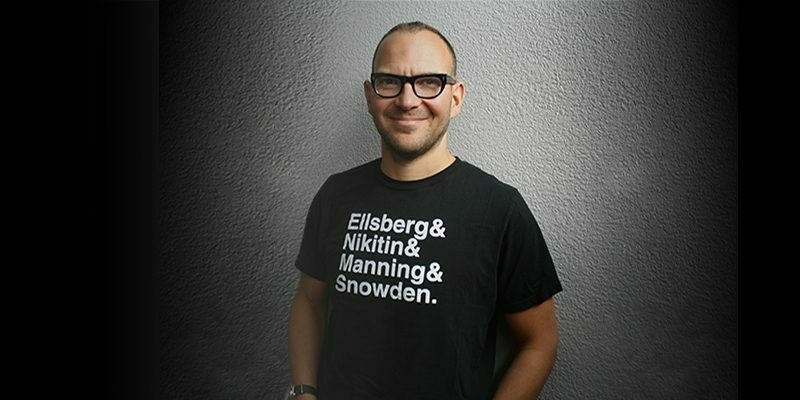
The good news is: climate denial is on the wane. The bad news is: deniers have pivoted to incrementalism: “We’ll fix the climate. Give us a couple decades to phase out oil and gas. Give us a couple decades to replace the cars and retrofit the houses. Give us a couple decades to invent cool direct-air carbon capture systems, or hydrogen cars that work just like gas cars, or to replace our overland aviation routes with high speed rail, or to increase our urban density and swap out cars for subways and buses. Give us a couple decades to keep making money. We’ll get there.”
In other words: “We’re pretty sure we can get some wings on this bus before it goes over the cliff. Keep your hands off the wheel. Someone could get really badly hurt.”
People are already getting really badly hurt, and it’s only going to get worse. We’re poised to break through key planetary boundaries – loss of biosphere diversity, ocean acidification, land poisoning – whose damage will be global, profound and sustained. Once we rupture these boundaries, we have no idea how to repair them. None of our current technologies will suffice, nor will any of the technologies we think we know how to make or might know how to make.
The Digital Dark Ages
The author of this article helps out with computer museums around the world. He talks about how its not just nostalgia which fuels them, but learning about the technological and social context in which the hardware were situated.
He then explains that future historians won’t have much of that context because of DRM, IP laws, and encryption.
To future historians—not just of computing, but of humanity—the current period will be a dark age.Source: The Digital Dark Ages | De Programmatica IpsumHow was Facebook used by students in the 2010s? We cannot show you, that version of Facebook is not hosted anywhere.
What correspondence did Vint Cerf have as president of the ACM with other luminaries of computing industry and research? We do not know; Google will not publish his emails.
What was it like playing Angry Birds on an iPhone 3G? We do not know; Apple is no longer distributing signed receipts for that binary.
What did the British cabinet discuss when they first learned of the Coronavirus pandemic? We do not know; they chatted on a private WhatsApp group.
What books were published analysing the aftermath of the Maidan coup in Ukraine? We do not know; we do not have the keys for the Digital Editions DRM. How was the coup covered in televised news? We do not know; the broadcasters used RealVideo and Windows Media Encoder and we cannot read those files.
Criticism vs praise
Like most people, it would seem, I’m sensitive to criticism. Not just that, but even the absence of praise can be problematic. It’s something I’m working on, but this article pointing out that criticism being more connected to the person making the comments than the one receiving them, is helpful.
Whether it's criticism calmly dispensed by a teacher at school, or a cruel comment hurled in the heat of an argument with a friend or lover, we tend to remember criticism far better than positive comments, due to a phenomenon called the negativity bias.Source: Why criticism lasts longer than praise | BBC Future[…]
While a focus on the darker side of the world around us may sound like a depressing prospect, it has helped humans overcome everything from natural disasters to plagues and wars by being better prepared to deal with them (although there is evidence that optimism can also help to protect us from the stress of extreme situations). The human brain evolved to protect our bodies and keep us alive, and has three warning systems to deal with new dangers. There’s the ancient basal ganglia system that controls our fight or flight response, the limbic system which triggers emotions in response to threats to help us understand dangers, and the more modern pre-frontal cortex, which enables us to think logically in the face of threats.
[…]
In some cases, negative remarks from people we love can lead to long-lasting mental wounds and resentment that can cause relationships to break down. Researchers at the University of Kentucky in the US found relationships are seldom saved when partners ignore relationship problems to remain “passively loyal”. “It is not so much the good, constructive things that partners do or do not do for one another that determines whether a relationship works as it is the destructive things that they do or not do in reaction to problems,” they said.
[…]
“We are all sensitive to negative comments in the sense that there are no ‘stronger’ personality traits. Considering the fact that everyone receives negative comments can help us deal with them … and could be a good strategy to protect our own mental health,” she adds. “Another useful strategy could be to consider that comments are more connected to the person who’s making them than the one who’s receiving them."
Is our society structured in a way which encourages people to make less than the greatest contribution they could?
Colin Percival is the founder of Tarsnap which is a somewhat-niche cryptographically-secure backup solution. In this post, he replies to a comment he saw that he’s potentially wasting his life on something less important than the world’s biggest problems.
His point, I think, is that starting your own business is the only way these days of being able to do the kind of deep work which people like him find fulfilling. So I guess the question is whether there’s an even better way of structuring society to enable even greater contribution?
First, to dispense with the philosophical argument: Yes, this is my life, and yes, I'm free to use — or waste — it however I please; but I don't think there's anything wrong with asking if this is how my time could be best spent. That applies doubly if the question is not merely about the choices I made but is rather a broader question: Is our society structured in a way which encourages people to make less than the greatest contribution they could?Source: On the use of a life | Daemonic Dispatches[…]
In many ways, starting my own company has given me the sort of freedom which academics aspire to. Sure, I have customers to assist, servers to manage (not that they need much management), and business accounting to do; but professors equally have classes to teach, students to supervise, and committees to attend. When it comes to research, I can follow my interests without regard to the whims of granting agencies and tenure and promotion committees: I can do work like scrypt, which is now widely known but languished in obscurity for several years after I published it; and equally I can do work like kivaloo, which has been essentially ignored for close to a decade, with no sign of that ever changing.
[…]
Is there a hypothetical world where I would be an academic working on the Birch and Swinnerton-Dyer conjecture right now? Sure. It’s probably a world where high-flying students are given, upon graduation, some sort of “mini-Genius Grant”. If I had been awarded a five-year $62,500/year grant with the sole condition of “do research”, I would almost certainly have persevered in academia and — despite working on the more interesting but longer-term questions — have had enough publications after those five years to obtain a continuing academic position. But that’s not how granting agencies work; they give out one or two year awards, with the understanding that those who are successful will apply for more funding later.
The future has been foreclosed and the present is intolerable
This is an insightful and enjoyable article about something which I’ve noticed even at my level of gaming. For example, when quickly explaining the controls for Sniper Elite 4 to someone recently, I realised they were almost exactly the same as Red Dead Redemption 2.
That ‘legibility’ is a double-edged sword. It allows players to switch between games quickly and easily, but perhaps mitigates against innovation, experimentation, and getting really deep into a game…
Writing for TANK magazine in 2019, Josh Citarella mused on how WoW Classic tied into Mark Fischer’s idea of “the slow cancellation of the future” (aka “where are my hoverboards”)... Cirtrella points to the collapsing gap between items that generate culture and items that can be (nostalgically) reflected upon, especially as “The future has been foreclosed [and] the present is intolerable.”Source: Game Design Mimetics (Or, What Happened To Game Design?) | k-hole[…]
Said differently, games are forced to be legible to players. This isn’t a call for radical experimentalism but to simply state that the cost to make games (due to a large amount of factors) is steadily increasing, and as such there is a proportionally growing interest by the powers that be that those games turn a profit. With little flex on things like price (proposing games should cost $70, $80, or more leads to general uproar, despite being something that should totally happen), games are forced to internalize this economic burden on the process of production itself.
[…]
It’s here that I introduce the title of this article, something that sounds more thinky than it is - “Game Design Mimetics”. If the role of mechanics design in a game is to best serve the content of the game, be legible to the player, and not introduce too much uncertainty into the middle of a production, the simplest answer to “what should we do about the design” is to just “copy what already works”.
[…]
The past here isn’t looked at as the past, but instead as the metric by which to hold directly against considerations for the present. The constant backwards facing view as the rubric by which to create the future acts as a collapsing mechanism for possibility.
Recalling generative and liberating uses of technology
I found myself using the phrase “the night is darkest before dawn” today. This post from Anne-Marie Scott is certainly an example of that, and I too look forward to a world beyond “today’s dogpile of an internet”.
I remember a time when I got excited about generative and liberating uses of technology, enabling people to bring their whole selves to learning, being able to incorporate their world, their context, their knowledge, and in turn develop new connections, new communities, and new knowledge to further explore and build on these things. I think this is still possible, and I think work around open practices, open pedagogies, ethics of care, and decolonisation point the way towards how to do it in today’s dogpile of an internet.Source: Hitting the wall and maybe working out how to get back up again | A placid island of ignorance…
The corrosive nature of captalism
I used to think there was no chance of the current system of capital-based society ending within my lifetime.
But now? I’m not so sure. I see influential writers I respect like Seth Godin and (in this case) Warren Ellis talk openly about the harms of capitalism.
And given the crypto collapse following the pandemic perhaps people are slowly coming to realise there’s more to life than money…
From a certain perspective, capitalism is the environment into which we are born, and conditions within it are corrosive: we either adapt to those conditions in order to survive — people will always have to be taught how to tend the machines, and it has been said, after all, that humans are the reproductive organs of machines — or build a sturdy environment suit, or we are seriously harmed. Which casts many of us as good little prisoners or effective wasteland scavengers.Source: A Suit Of Capitalism | WARREN ELLIS LTD
Image: Jorge Salvador
Frozen baby woolly mammoth discovered in Yukon gold fields
Amazing. Look at how perfectly this creature was preserved in the permafrost!
I guess we’ll be seeing a lot more of this kind of thing as the permafrosts melt due to the climate crisis.
The baby woolly mammoth, named Nun cho ga, which means "big baby animal" in the Trʼondëk Hwëchʼin's Hän language, is about 140 cm long, which is a little bit longer than the other baby woolly mammoth that was found in Siberia, Russia, in May 2007.Source: ‘She’s perfect and she’s beautiful’: Frozen baby woolly mammoth discovered in Yukon gold fields | CBC NewsZazula thinks Nun cho ga was probably about 30 to 35 days old when she died. Based on the geology of the site, Zazula believes she died between 35,000 and 40,000 years ago.
“So she died during the last ice age and found in permafrost,” said Zazula.
Crypto clowns
If you’re at the top of the Ponzi scheme pyramid, you have a vested interest in keeping it going…
Not coincidentally, the companies doing the least reflecting are the ones with their hands deepest in the cookie jar. Part of what spurred on the current crash was a cryptocurrency called TerraUSD, a type of so-called stablecoin designed to more or less equal the value of the U.S. dollar. The whole point of stablecoins is that they’re supposed to be less volatile than other cryptocurrencies, a way of protecting your money while still keeping your chips in the casino. That was the idea, at least: TerraUSD was tied to another cryptocurrency called Luna, and when its value plummeted in early May, investors promptly dumped their TerraUSD. Tokens meant to sell for $1 a pop were suddenly trading for almost nothing, and, according to Bloomberg, $60 billion of investors’ money was zapped away.Source: Crypto Is Crashing. Have the Crypto Bosses Learned Anything At All? | The Atlantic[…]
As the wider crypto market has tanked in the weeks since the Terra collapse, other flailing companies have been similarly unwilling to publicly reflect on the damage. The crypto lender Celsius Network made it big by promising yields much higher than those of traditional bank accounts. That approach generated gobs of money when crypto was booming, but apparently it hasn’t fared so well during the downturn. As rumors began to circulate about Celsius’s financial issues, the company’s founder, Alex Mashinsky, dismissed it all as “FUD,” crypto shorthand for “fear, uncertainty, and doubt.” “Do you know even one person who has a problem withdrawing from Celsius?” he tweeted. Just over 24 hours later, the company put a freeze on all withdrawals, locking customers out of their accounts. (The freeze remains in place almost two weeks later.)
[...]Throughout the industry, there’s a sense from the biggest players in crypto that if we all just keep the faith, traders can effectively spend their way out of the crisis. Cameron Winklevoss, the billionaire co-founder of the crypto exchange Gemini, recently tweeted that the bitcoin dip feels “irrational,” because “the underlying fundamentals, adoption, and infrastructure have never been stronger.” It’s not a question of fundamentals, though; asking people to look more closely at the tech will not somehow end the bear market. A few days ago, Michael Saylor, whose software company, MicroStrategy, has spent billions of dollars acquiring bitcoin, called the cryptocurrency “a lifeboat, tossed on a stormy sea, offering hope to anyone in the world that needs to get off their sinking ship.” But right now, bitcoin is the sinking ship.




